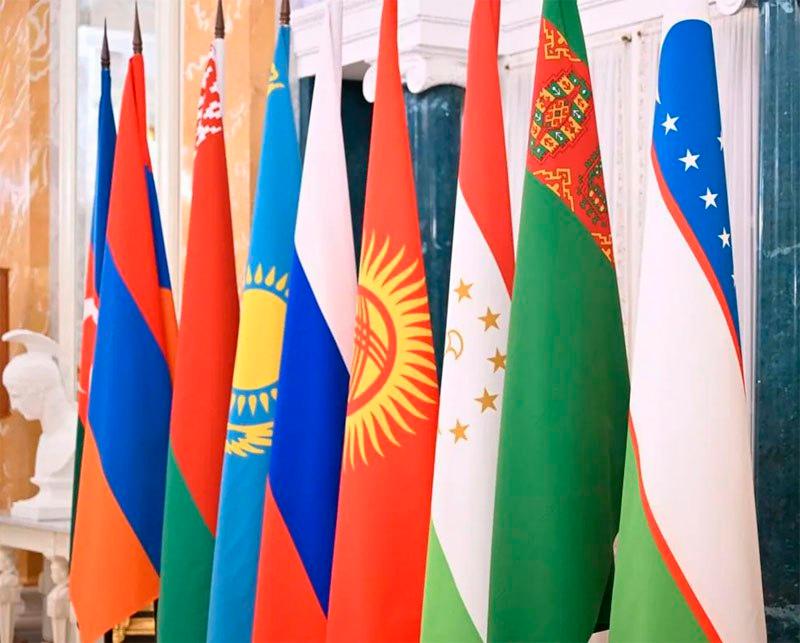Strategic Horizons for Central Asia and Uzbekistan's Initiatives

In the context of growing geopolitical tensions and economic instability in global politics, as well as the weakening role of international institutions, regional cooperation and strategic dialogue are becoming more relevant than ever.
The working visit of the President of the Republic of Uzbekistan Shavkat Mirziyoyev to the Republic of Tajikistan on October 9–10 was not only a step toward strengthening bilateral relations but also a historic event defining the role of Central Asia in the CIS.
During the second Central Asia–Russia Summit and the regular meeting of the CIS Heads of State Council, held in Dushanbe, the leader of Uzbekistan put forward ambitious initiatives, clearly demonstrating our country's active, pragmatic, and proactive stance in regional and global processes.
The uniqueness of this visit lies, above all, in its multifaceted nature—it covered three key areas.
First, it was a clear indication that the relations of friendship, good-neighborliness, and strategic partnership between Uzbekistan and Tajikistan have reached a qualitatively new level.
At a meeting between President Shavkat Mirziyoyev and Tajik President Emomali Rahmon, positive trends in increasing trade turnover, cargo volumes, and the number of flights were noted with satisfaction. This provides a solid bilateral foundation for further regional cooperation.
Secondly, the Central Asia-Russia Summit format has become an important platform for developing a unified approach among the countries of the region to common challenges and opportunities. In his speech, the President of Uzbekistan emphasized that Russia is an important, priority strategic partner and ally for Central Asia, based on the shared history and cultural affinity of its peoples. This underscores a commitment to the principles of multi-vectorism and pragmatism in foreign policy.
Thirdly, the CIS summit demonstrated the need to update traditional cooperation mechanisms and adapt them to modern challenges. President Shavkat Mirziyoyev emphasized the resilience and effectiveness of the CIS in a complex global environment and put forward specific proposals aimed at deepening practical cooperation within the organization.
The country's leader's speeches at both summits were distinguished by their clarity, thoroughness, and the presence of practical implementation mechanisms. These proposals can be roughly divided into several key areas: strengthening institutional mechanisms; economic and industrial cooperation; transport and logistics; energy and innovation; humanitarian cooperation and human capital development; and regional security.
It should be noted that President Shavkat Mirziyoyev's visit to Tajikistan and his participation in the Dushanbe summits further strengthened Uzbekistan's position as a leading force capable of directly influencing political and economic processes not only in the region but also throughout the broader Eurasian space.
The proposed initiatives stand out for their scale, precision, thoughtfulness, and practical focus. Their successful implementation will contribute to the economic growth of Central Asian countries, the development of transit potential, energy and food security, and the achievement of long-term stability and prosperity in the region.
Farkhodbek Atakhanov,
Head of the Andijan Regional Office of the
Center for Analysis of Democratic Processes
Andijan Region.

